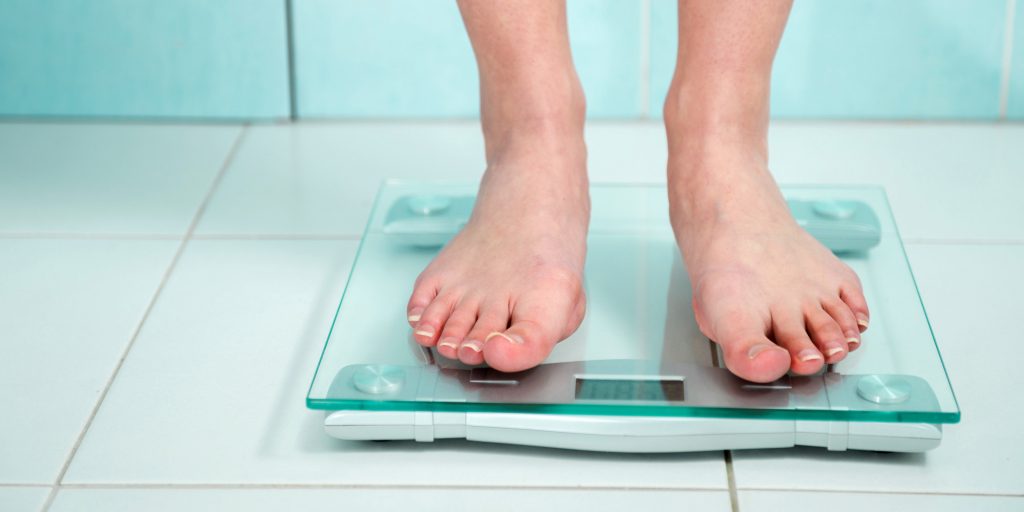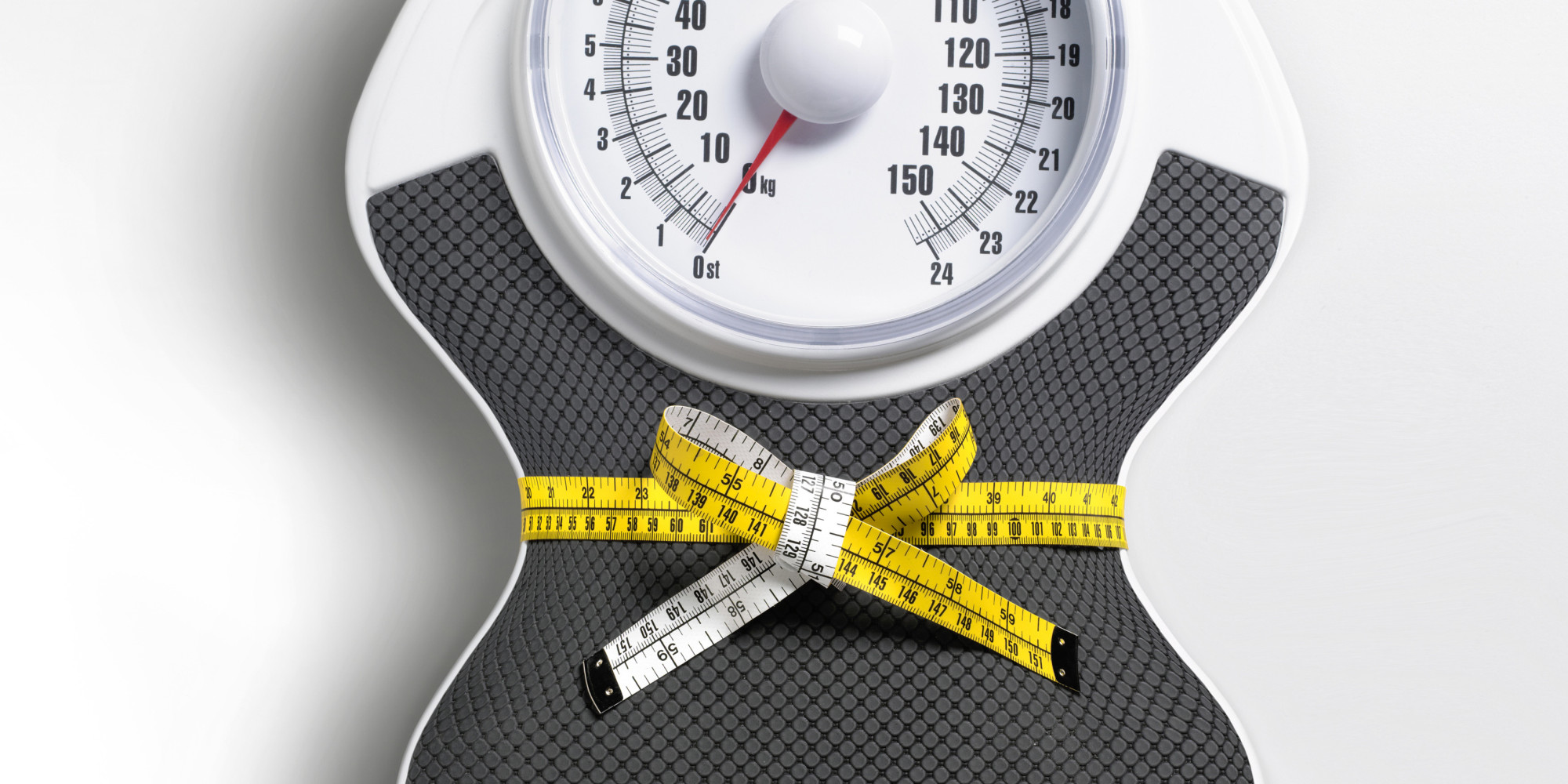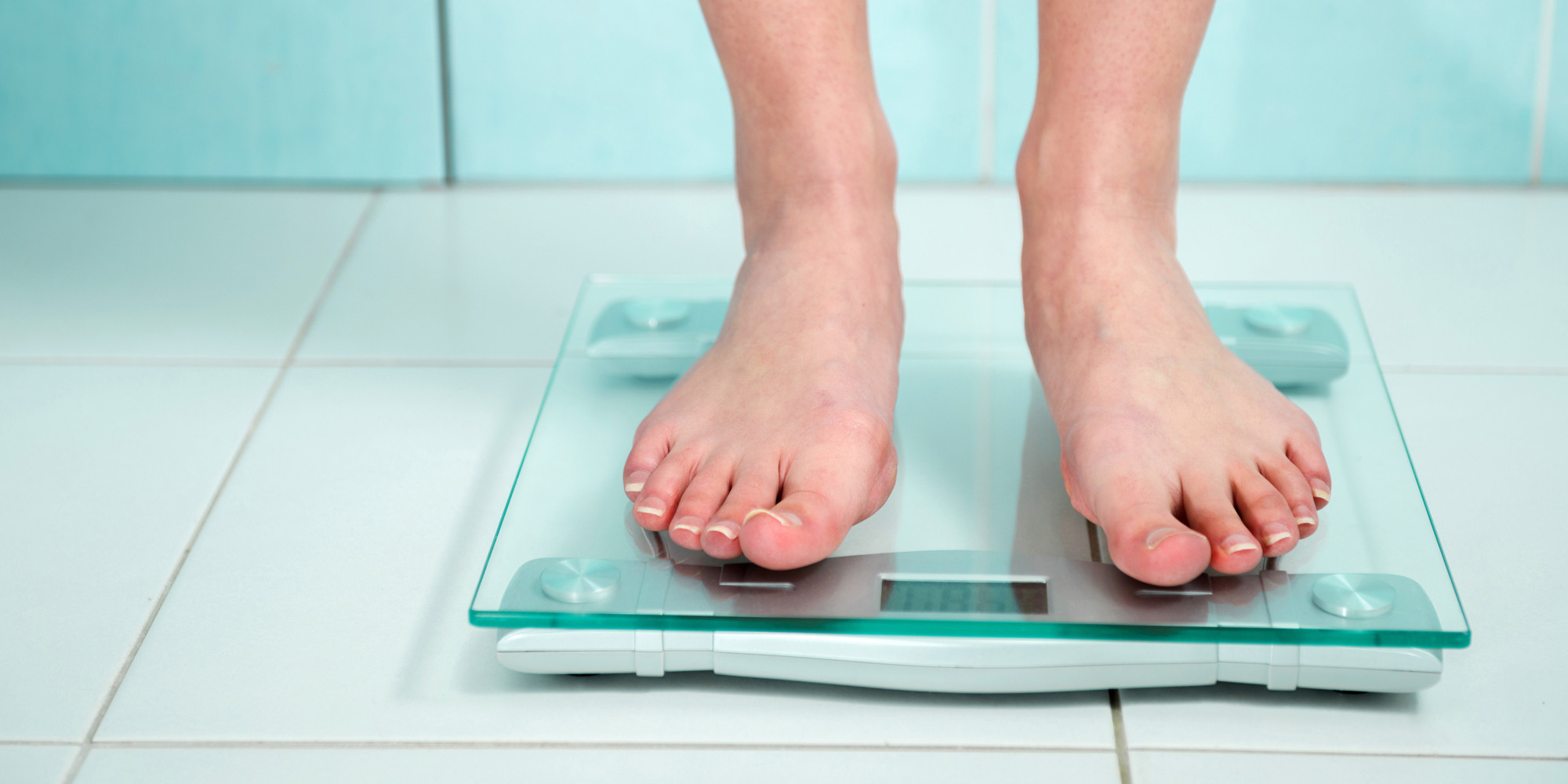
Does Anxiety Cause Weight Loss
MedlinePlus describes anxiety as one factor that could lead to unintentional weight loss. In contrast, if you have any health problems particularly weight issues, you will also suffer from anxiety. So there is a big link between anxiety and weight issues. The question is, does anxiety really cause weight loss?
First off, if you experience unintentional weight loss, then it is imperative that you see your physician immediately. It is a sign of an underlying health condition that is causing you to lose weight. But anxiety? Is it possible?
There are dozens of reports on the Internet about the relationship between anxiety and weight loss, and I just found a few credible reports that I decided to include in this post. Read on to learn more about this issue.
How Anxiety Affects your Weight
For many, anxiety can either cause weight gain or weight loss, and vice versa. Each of us are prone to stress or anxiety, both are practically part of our lives. The reason why anxiety can cause health problems is the way people respond to it. If you let anxiety cripple your life, then it will destroy your health, simple as that.
Inactivity is one common sign of anxiety, and exercise is a necessity if you are suffering from this condition. If one is lacking in physical activities, your body is more prone to muscle tension, which reduces the production of neurotransmitters that improves mood, burn away stress hormone and many other important body functions. Lack of activities leads to anxiety.
However, this doesn’t mean that if you are suffering from anxiety, you will lose weight. It is still a case to case basis but most cases appear to have weight loss. Other factors that could cause unintentional weight loss includes the following condition:
- AIDS
- cancers
- thyroid disorders
- diabetes
- drug abuse
- depression
- eating disorders
- infection
- malnutrition
- smoking
- manipulative behavior in children
To understand how anxiety affects your weight, you need to consider the basic symptoms of anxiety. This includes overeating, loss of appetite, lifestyle changes, nervous movement, and being paranoid about different anxiety treatments. Let’s discuss these factors one by one for us to see the big picture on how anxiety affects our weight.
Overeating/Loss of Appetite
Many people tend to eat pleasure foods when suffering from stress or anxiety. This is primarily to get satisfaction from foods that helps them overcome emotional dilemmas. This behavior leads to weight gain.
However, most anxiety sufferers have tendencies to lose their appetite, especially those who appear to also have depression. Extreme anxiety issues lead to disinterest in food, which causes weight loss.
People who eat less don’t have the urge to eat because they start to feel that they are not hungry. But in reality, you are already starving yourself, which causes quick weight loss. This also causes your muscles to reduce and will slow down your metabolism, which enables you to gain weight faster once you start eating again. So it is a seesaw ride if you are suffering from anxiety and weight issues.
Nervous Movement / Over Exertion
Nervous movements allow people with anxiety to lose more weight without knowing it. Nervous mannerisms include leg shakes, constant walking, and many other physical activities that they think will help calm them.
While physical activities are good for health, over-exertion is not always a good symptom of anxiety. It promotes unintentional weight loss that may lead to weight issues and malnutrition. Other people tend to be more inactive when hit by anxiety, but more people are inclined to move consistently according to some research.
Lifestyle Changes
Lifestyle change is one obvious result of anxiety. When a person is under a panic attack, the sufferer will inevitably reduce his alcohol consumption, which helps in the reduction of his calorie intake. Others tend to exercise more, thinking it will bring down their anxiety.
Others tend to smoke cigarettes more once they feel the anxiety kicking in. Some people are dependent on caffeine, drinking more coffee or teas when they are stressed up. It is important to note that caffeine is considered an appetite suppressant, so it will greatly contribute to weight loss.
Anti-Anxiety Medications
The last factor why anxiety can cause weight loss is anti-anxiety medications. Being paranoid about various anti-anxiety drugs or strategies can affect your weight. Perceptions push people with anxiety to do things unusual from their routine, which affects their overall health.
For example, anti-anxiety drugs called selective serotonin reuptake inhibitors (SSRIs), are said to constitute weight loss by suppressing your appetite and causing nausea according to MayoClinic. After anxiety fades away, normal appetite will resume and weight gain occurs.
These factors of anxiety treatments won’t produce lasting weight loss because that is not the intended result why medications took place. So if a sufferer moves a lot, is inactive, overeats, or suffering from loss of appetite, the outcome will always be the result of too much worrying about your weight and health.
Are you Suffering from Anxiety and Weight Loss?
So far, you had learned the relationship between anxiety and weight loss. The question is, do you suffer from both conditions? If you do, then it is important that you see your physician immediately. This is to have a correct diagnosis of your unwanted weight loss and to check if you are indeed suffering from anxiety. Click here and find out the best way through which you can avoid weight loss because of anxiety and stress.
Remember that there are many other factors that can affect weight loss and it doesn’t just focus on anxiety alone. As the said underlying health conditions stated earlier, it is important that you have your health check for any possible diseases.
On the other hand, treating weight loss doesn’t necessarily mean that it will also treat anxiety or vice versa. You need to completely analyze your behavior, eating patterns, physical activities, and many others before your physician can rule out any other disease symptoms.
Whether you are trying to lose weight or not, it is important to have a consistent exercise program together with a healthy diet. This won’t just be beneficial to your health, but it will also help you to overcome anxiety in the long run.



